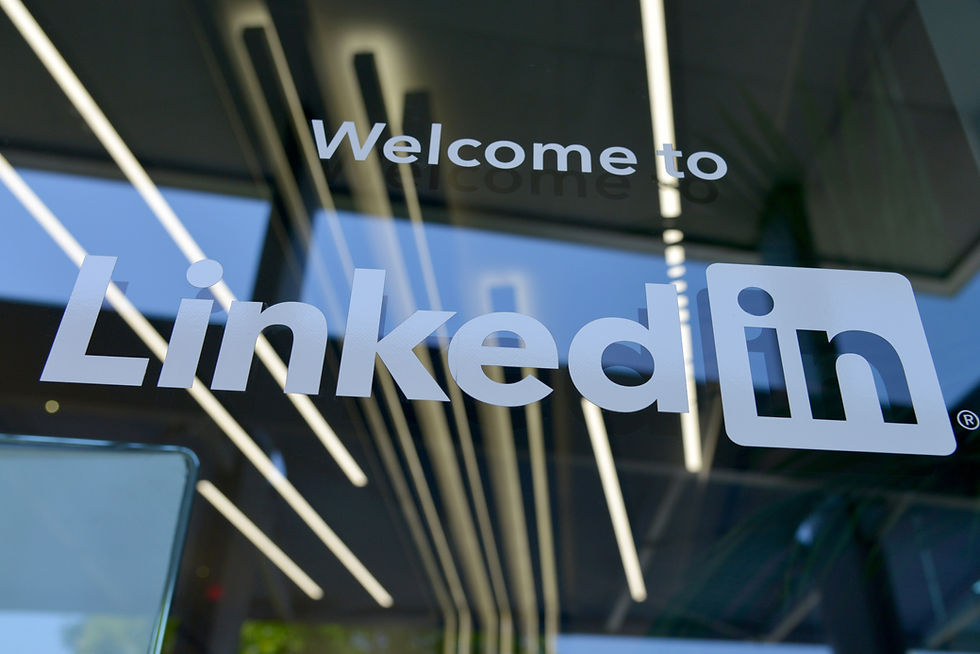How to Create a Social Media Strategy That Attracts Customers (Without Paid Ads)
- Active Toast

- Apr 15
- 3 min read

In 2025, social media is more competitive than ever. With millions of businesses vying for attention, standing out without paid ads may seem impossible—but it’s not. A well-crafted organic social media strategy can help you attract customers, build brand loyalty, and grow your business without spending on advertisements.
This guide will walk you through the steps to create a powerful social media strategy that drives results organically.
Step 1: Define Your Goals
Before you create content, you need clear objectives. Ask yourself:
Do you want to increase brand awareness?
Are you aiming to drive more traffic to your website?
Do you want to generate more engagement and interactions?
Are you trying to build a community around your brand?
Setting specific, measurable goals will guide your strategy and help you track progress.
Step 2: Know Your Audience
Understanding your audience is crucial for creating content that resonates. Research your ideal customer’s:
Demographics (age, gender, location, etc.)
Interests and hobbies
Pain points and challenges
Preferred social media platforms
Content preferences (videos, stories, carousels, etc.)
Use social media insights, surveys, and competitor analysis to gather this information.
Step 3: Choose the Right Platforms
Not all social media platforms are suitable for every business. Focus on the ones where your audience is most active:
Instagram & Facebook: Great for visual content, community building, and engagement.
LinkedIn: Best for B2B networking and thought leadership.
X (Twitter): Ideal for real-time conversations and industry updates.
TikTok: A powerful platform for viral, short-form video content.
Pinterest: Excellent for brands with strong visual appeal (e.g., fashion, home decor, fitness).
Step 4: Optimize Your Profiles
Your social media profiles should clearly convey your brand message. Optimize them by:
Using a clear profile picture (logo or professional headshot).
Writing a compelling bio with relevant keywords.
Including a link to your website or landing page.
Maintaining a consistent brand voice and aesthetic.
Step 5: Create High-Quality, Engaging Content
Content is king, and quality matters more than quantity. Focus on:
Educational Content: Share tips, tutorials, and industry insights.
Storytelling: Connect with your audience through authentic stories.
Behind-the-Scenes: Give a peek into your company culture.
User-Generated Content: Feature customer testimonials and experiences.
Interactive Content: Use polls, Q&A, and quizzes to engage followers.
Step 6: Use SEO and Hashtags to Increase Visibility
Social media is increasingly becoming a search engine. Optimize your posts with:
Relevant keywords in captions and descriptions.
Hashtags that align with your content and industry trends.
Geo-tags to attract local customers.
Research trending hashtags and use a mix of popular and niche ones to maximize reach.
Step 7: Leverage Instagram Reels and TikTok
Short-form videos continue to dominate social media. Create engaging reels and TikToks by:
Jumping on trending sounds and challenges.
Sharing quick tips and hacks.
Showcasing customer transformations and testimonials.
Keeping videos concise, engaging, and informative.
Step 8: Build a Community, Not Just Followers
Engagement is key to organic growth. Foster relationships by:
Responding to comments and messages promptly.
Engaging with followers’ content.
Hosting live sessions and Q&A discussions.
Encouraging user participation with interactive posts.
The more engaged your audience is, the more your content will be pushed by the algorithm.
Step 9: Collaborate with Influencers and Partners
You don’t need a big budget to collaborate with influencers. Look for:
Micro-influencers (5K-50K followers) with engaged communities.
Brand partnerships for shoutouts and cross-promotions.
Industry experts who can endorse your brand authentically.
Step 10: Analyze and Improve Your Strategy
Regularly review your analytics to see what’s working and what needs improvement. Track:
Engagement rates (likes, comments, shares, saves).
Follower growth.
Website traffic from social media.
Conversion rates (if applicable).
Adjust your strategy based on data insights to continuously improve your results.
Final Thoughts
Growing on social media without paid ads is possible with a well-planned strategy. By focusing on audience engagement, high-quality content, and community-building, you can attract loyal customers organically. Stay consistent, be authentic, and adapt to the latest trends to make the most of your social media efforts.



Comments